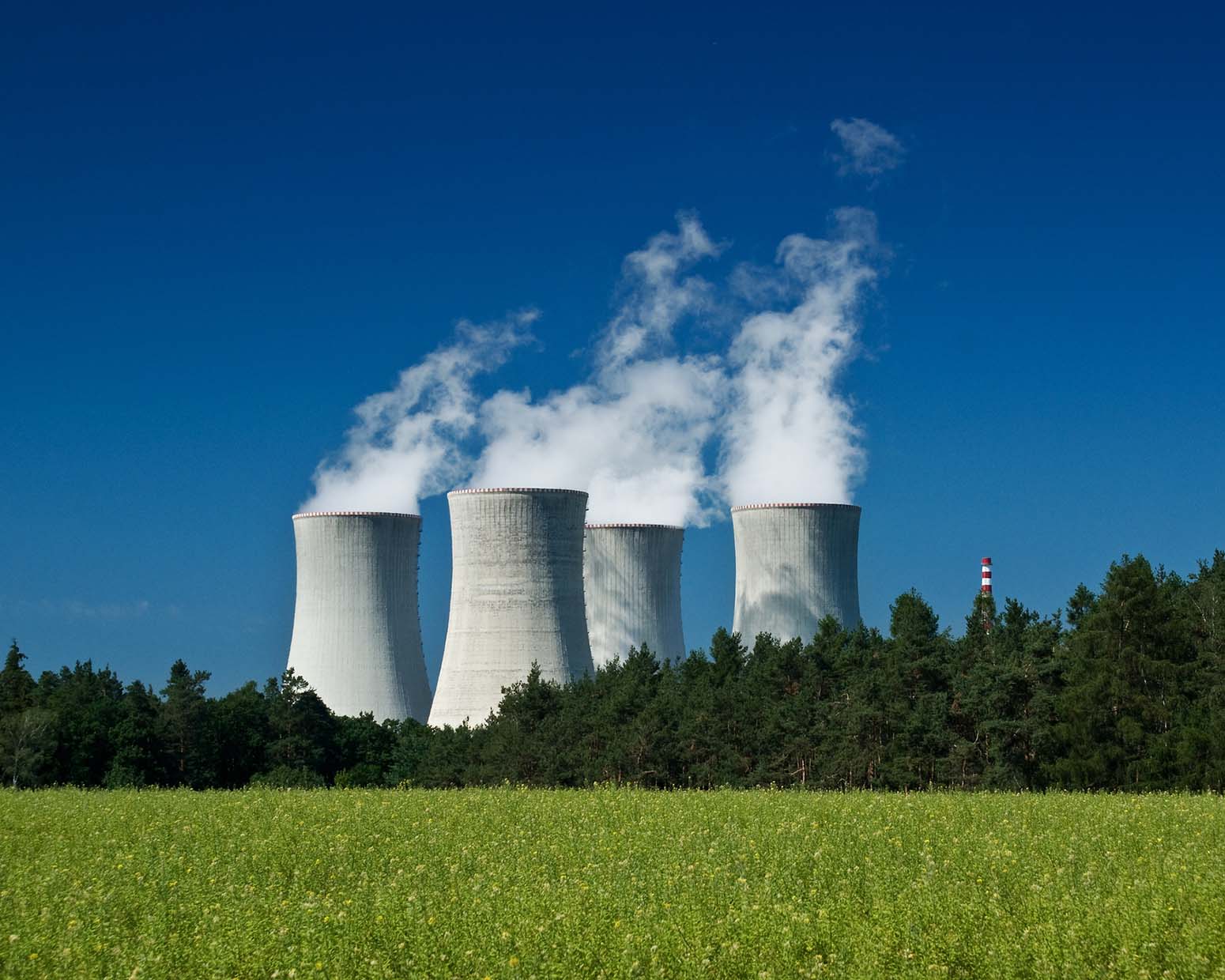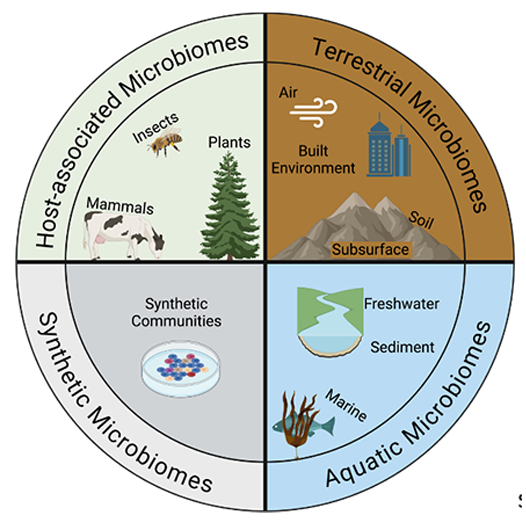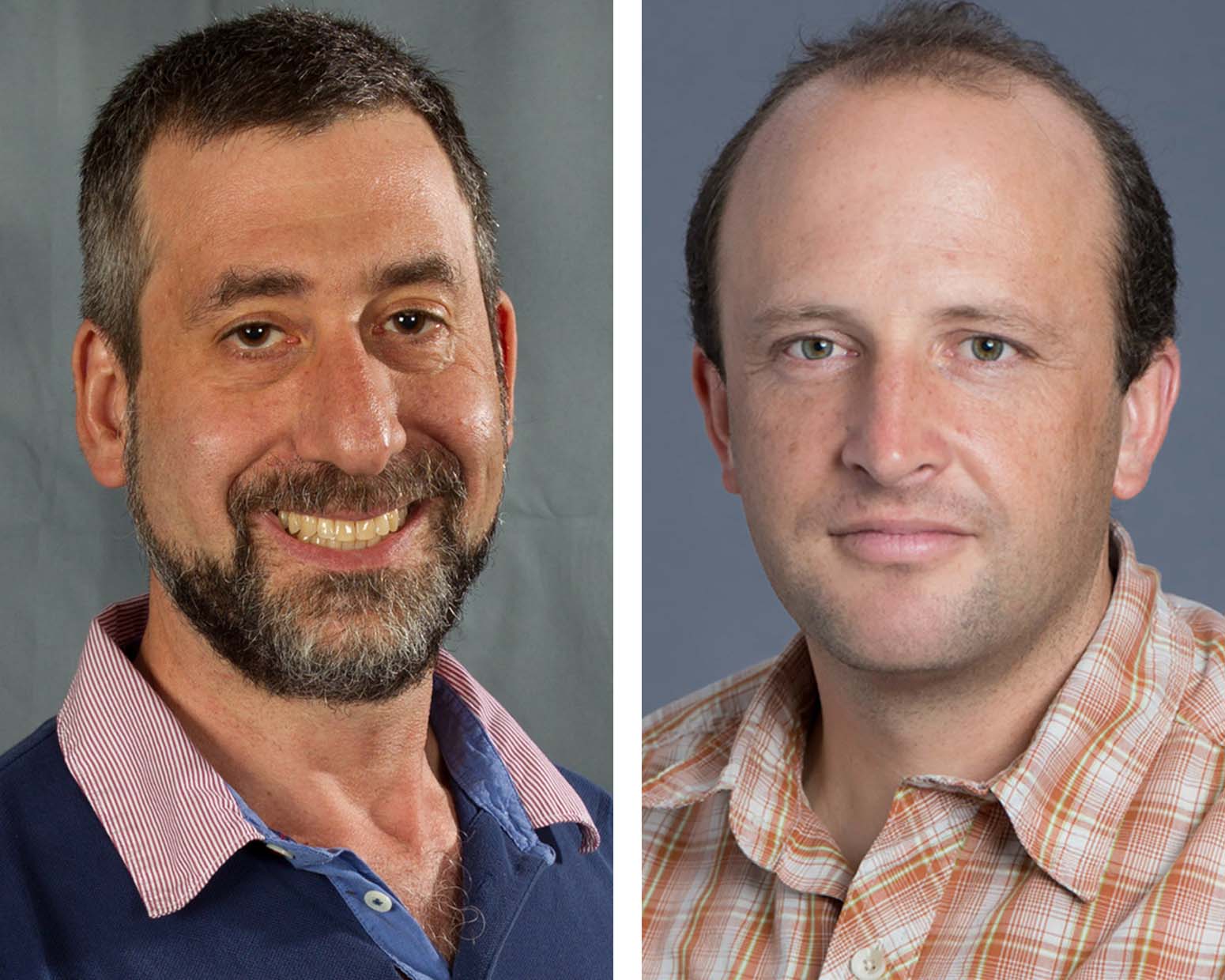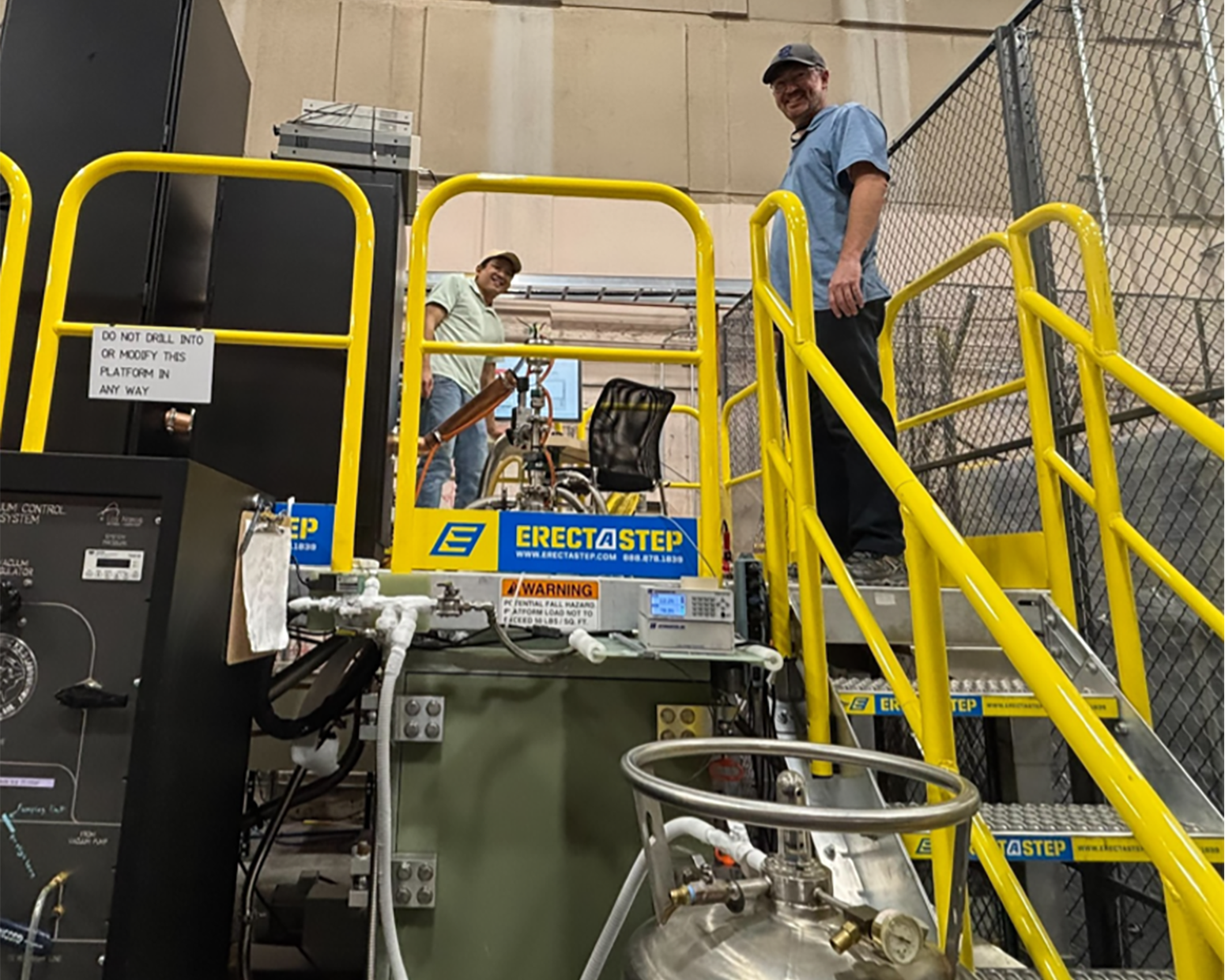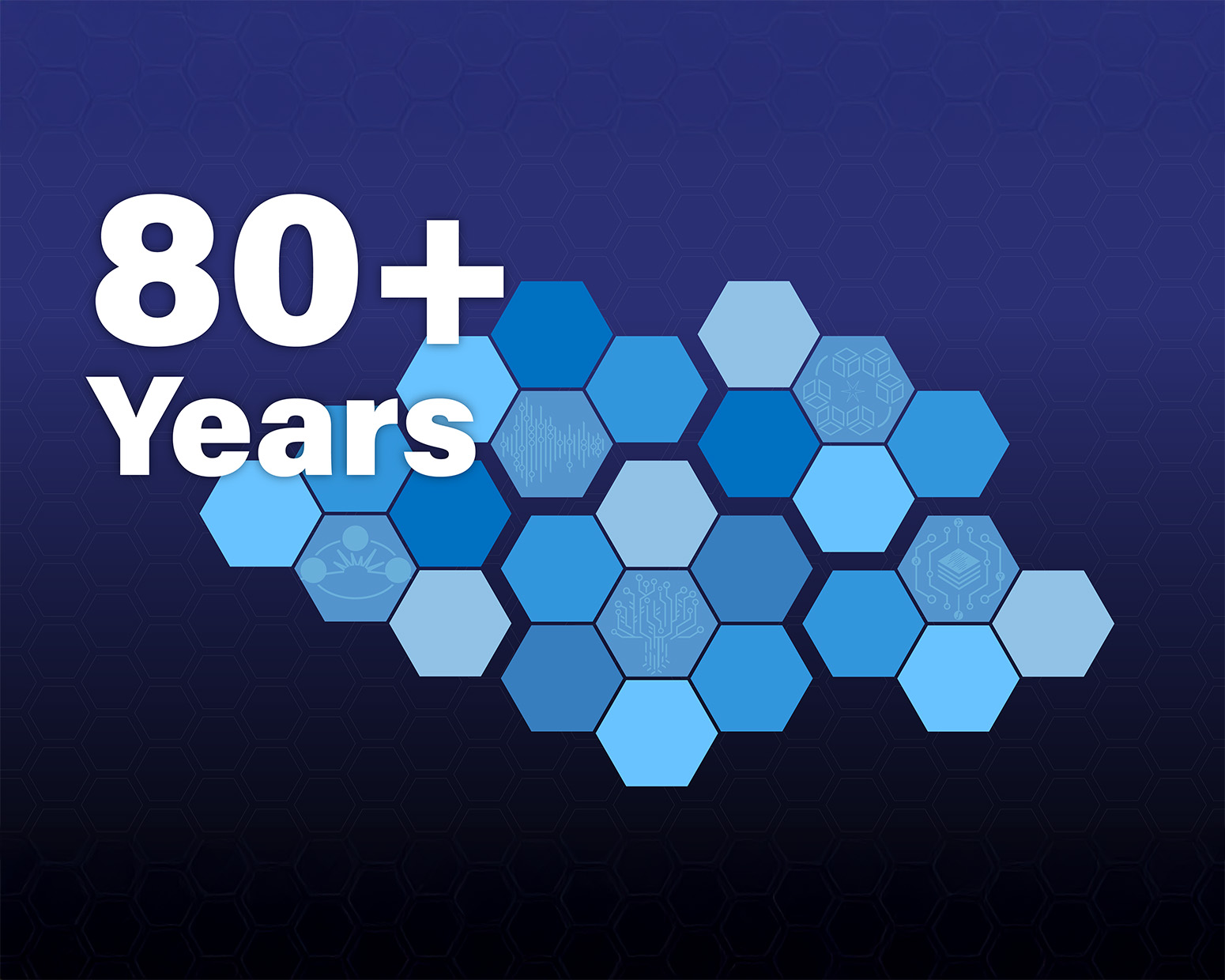Complexity science paper receives Cozzarelli Prize
Algorithm measures influence and risk in complex networks

Los Alamos theoretical physicist Francesco Caravelli collaborated with United Kingdom researchers to address the challenge of identifying important nodes in complex networked systems. Calculating a node’s centrality traditionally involves evaluating the entire network, which becomes computationally intense as the size of the network grows.
Their paper, which was published in Proceedings of the National Academy of Sciences, received a Cozzarelli Prize from the National Academy of Sciences for outstanding scientific quality and originality.
Why this matters: The team created a novel algorithm to efficiently estimate the centrality of nodes in complex networks. By focusing on the number of connections to neighboring nodes, this technique provides a faster and more accurate way to measure influence and risk in large, complex networks, such as financial systems, social media and power grids.
Key points: The team developed techniques to accelerate matrix inversion by reducing computational overhead in certain cases compared with current state-of-the-art methods. The matrix inversion methods represent a substantial performance improvement, especially for distributions of large or sparse networks. This approach can be applied to broader applications in fields like machine learning, Earth systems modeling and systems biology.
- This algorithm can be used to optimize infrastructure such as transportation networks, power grids and communication systems, ensuring better performance and reliability.
- Improved speed and scalability come with the potential to solve other network-related problems, such as monitoring and managing air traffic or maintaining the resilience of power distribution systems.
Funding: Laboratory Directed Research and Development program
Watch the video: A PNAS video explains the prize-winning research.
Editor's note: Caravelli was working in the Theoretical division at Los Alamos when he contributed to this research. Now he's a guest scientist at the Lab.
LA-UR-25-24104
